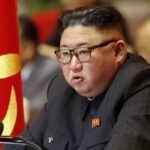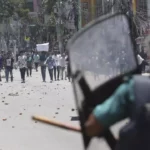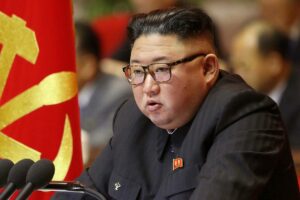The charge against the founder of JKLF rebel group carries a maximum sentence of death penalty or life imprisonment.
Doha (20/05 – 44.44) An Indian court has convicted a top Kashmiri separatist leader in a “terrorism-related” case that carries a maximum sentence of the death penalty or life imprisonment.
Mohammed Yasin Malik had been charged with “terrorist” acts, illegally raising funds, being a member of a “terrorist organisation”, criminal conspiracy, and sedition.
Judge Praveen Singh set May 25 for hearing arguments from both sides on sentencing, the Press Trust of India news agency reported on Thursday. The judge also directed Malik to provide an affidavit regarding his financial assets.
During the trial, Malik protested the charges and said he was a freedom fighter.
“Terrorism-related charges levelled against me are concocted, fabricated and politically motivated,” his organisation, the Jammu and Kashmir Liberation Front (JKLF), cited him as telling the court.
“If seeking Azadi (freedom) is a crime, then I am ready to accept this crime and its consequences,” he told the judge.

The JKLF was one of the first armed rebel groups to come into existence in Indian-administered Kashmir.
It supported an independent and united Kashmir, a Himalayan region divided between India and Pakistan in 1947 but claimed by both in its entirety.
Led by Malik, the group gave up armed rebellion in the disputed region in 1994. The Indian government arrested Malik and banned the JKLF in 2019, also the year when New Delhi stripped Indian-administered Kashmir of its special status.
An armed rebellion broke out in Indian-administered Kashmir in 1989 with fighters demanding an independent Kashmir or its merger with Pakistan.
India accuses Pakistan of arming and training rebel groups to fight Indian forces, a charge Pakistan denies. Islamabad says it provides only moral and diplomatic support to rebels.
India and Pakistan have fought two of their three full-scale wars over control of Kashmir.















